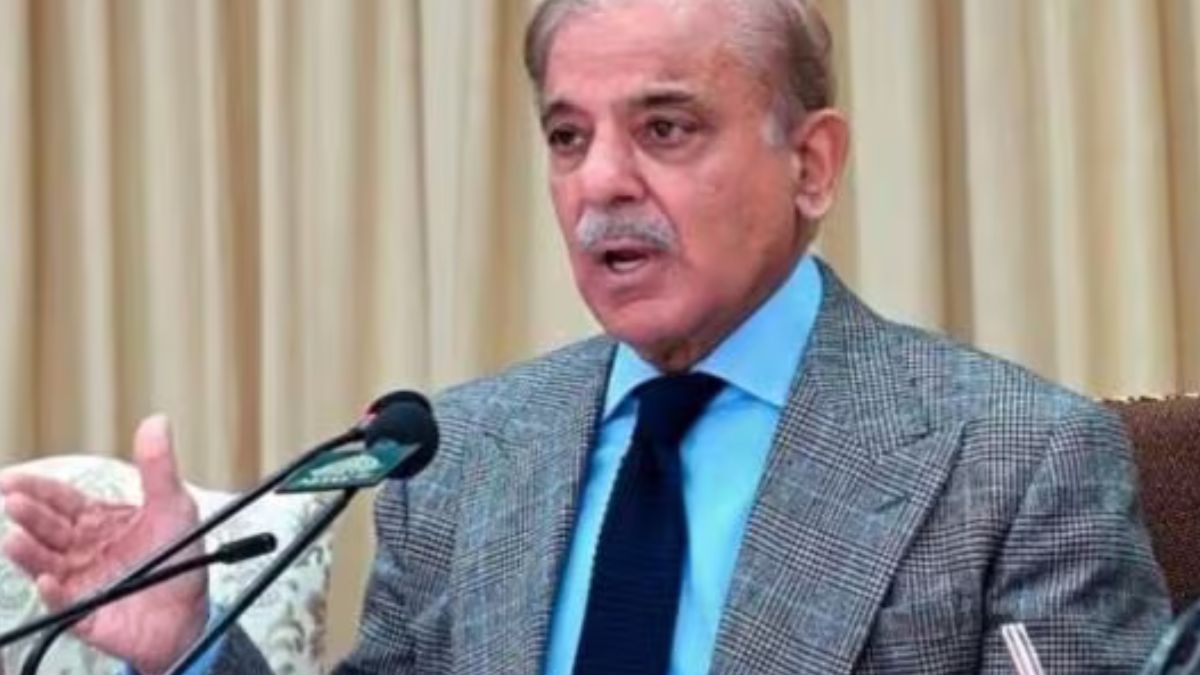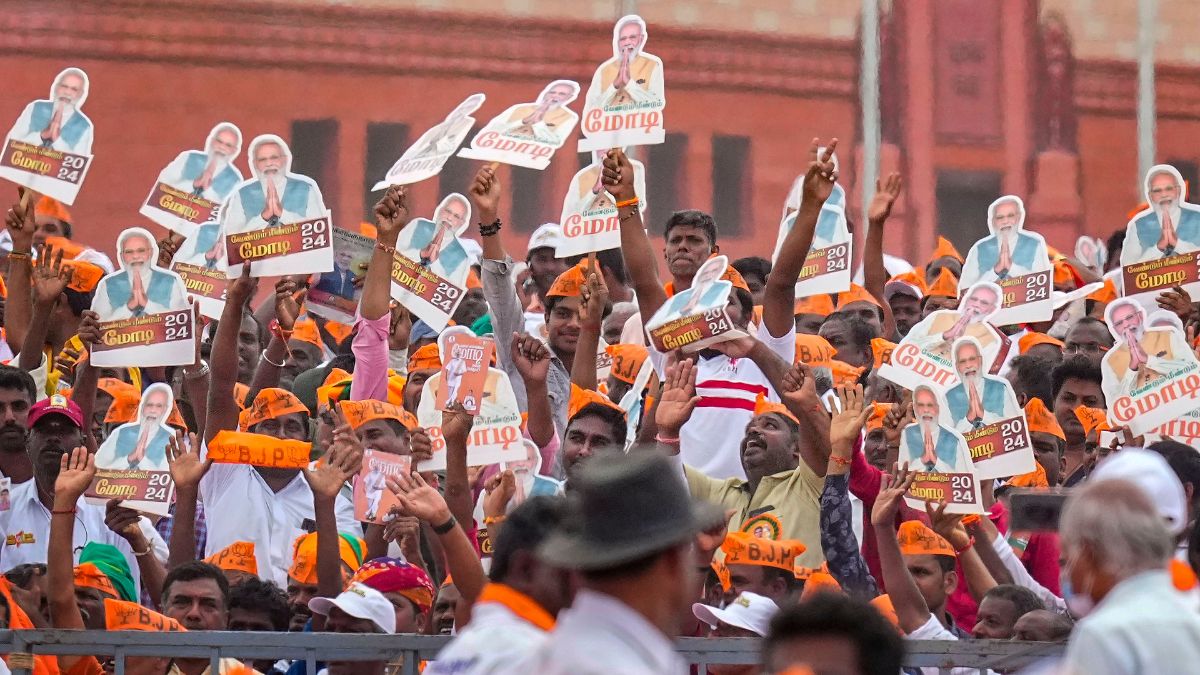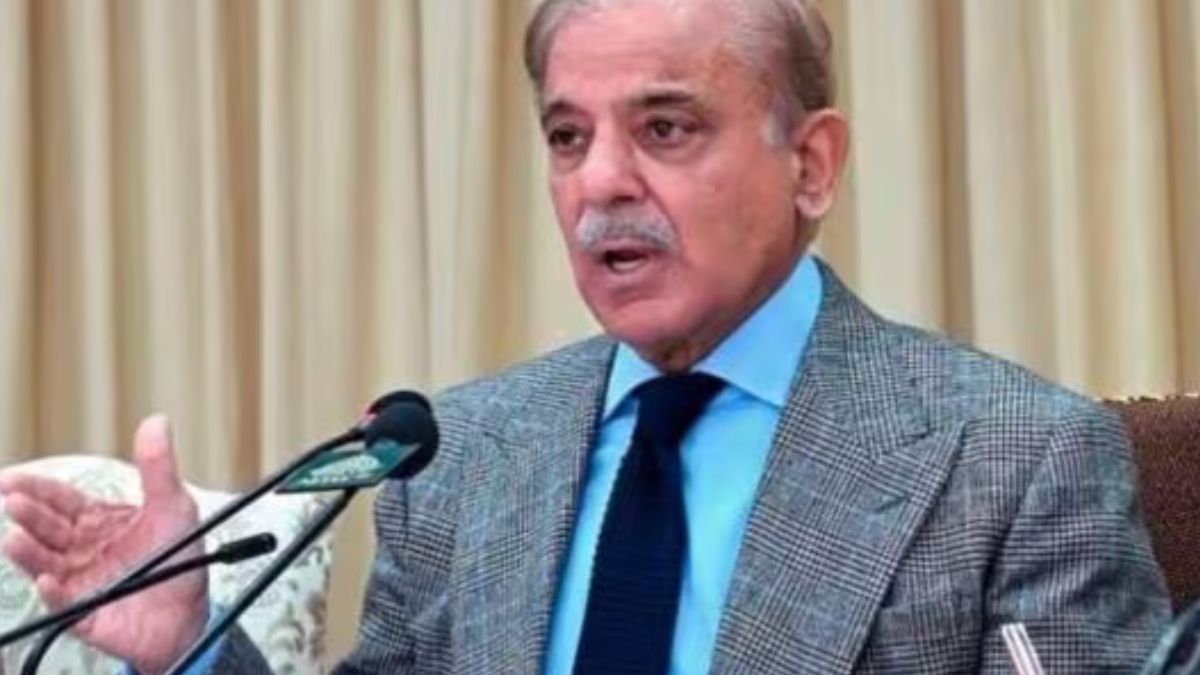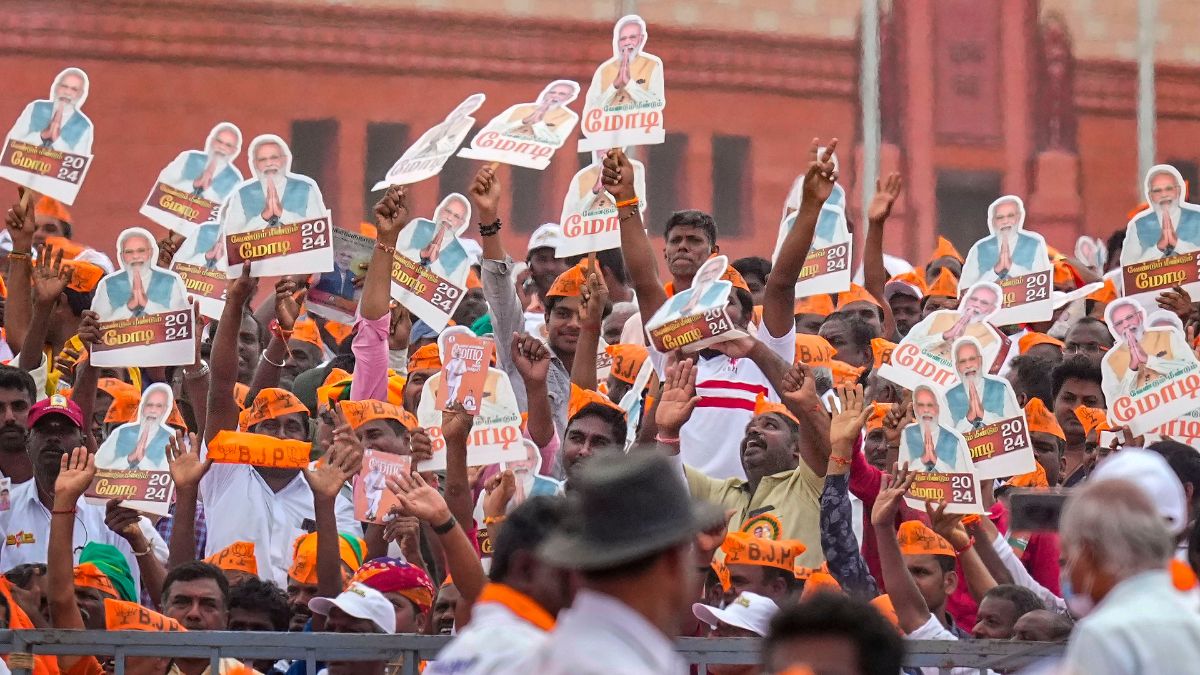In Kashmir, there seems to be no end to violence and depravity. The lynching of deputy superintendent of police Mohammed Ayub Pandith is yet another chapter in this saga of endless violence.
Terrorists and their patrons seem to be engaged in a grotesque competition to outdo one another.
According to reports, the senior police officer was stripped and stoned to death by an irate mob outside Jamia Masjid in the heart of Srinagar.
Pandith did nothing to provoke them — other than his duty of frisking worshippers to ensure that no weapons or terrorists could enter the mosque and create trouble — perhaps the bigger provocation in the mind of his attackers was the fact that he was working for India and “the infidels”, according to the slogans regularly emanating from Kashmir’s mosques.
The presence of Mirwaiz Umar Farooq at the mosque, either at the time of lynching or immediately after, as he claims, affirms what is a secret only for the pretentious: The conflict in Kashmir is jihad hiding behind the veil of secessionism.
Other than vituperative sermons and instigation, what other reason can there be for these miscreants leaving a religious gathering and lynching an officer on duty? Though Mirwaiz might profess his innocence from the rooftops, can he, even for the sake of argument refute that it is the hate mongering individuals of the Hurriyat whose venal interests have helped jihad replace Kashmiriyat in the Valley?
Can Mirwaiz justify his own claim that he reached the mosque after the lynching and proceeded with his sermons unperturbed as Pandith’s still warm body lay outside? Is this the Hurriyat’s politics? Can these leaders deny their involvement with the Inter-Services Intelligence (ISI) and Pakistan Army’s strategy of bleeding India through a thousand cuts?
Pandith’s murder most foul is merely the next episode of a series of macabre violence where Kashmiris serving with the Indian security forces or the Jammu and Kashmir Police are targeted. The sequence began with the kidnapping, torture and murder of Lt Ummer Fayyaz in Shopian in May, followed by the murder and mutilation of six policemen in Anantnag on 16 May.
Assassinations of political leaders and murder of security forces is an established strategy of guerrilla warfare. The idea behind assassinations is to demoralise the common folk who perceive politicians and security forces as representatives of the State. The forces operating in conflict zones factor in such attempts while calibrating their counter strategy.
What has, however, made these murders even more appalling is that the victims are tortured. It is evident that the terrorists have decided to forego their basic sense of humanity and decency — if they ever had any — in their attempt to terrify locals and intimidate politicians in Srinagar and New Delhi. The idea, apparently, is to show Kashmiris that any local siding with India would meet a similar brutal end.
Evidently, the Pakistan Army and ISI have been able to inculcate in their proxies the brutality which they have mastered. The torture of captain Saurabh Kalia and his team in 1999 and the beheading of Indian soldiers by Pakistan Border Action Team are recent examples of their depravity.
These mutilations and murders bears an uncanny similarity to the murder of Afghanistan president Mohammad Najibullah in Kabul by the Taliban and the atrocities committed by the Islamic State.
Despite their geographic location, a common ideology seems to bind the perpetrators of these ghastly acts: Of terrifying opponents into submission.
The only silver lining amidst the doom and gloom is that notwithstanding the effort by Pakistan and its proxies to spread jihadi fervour in Kashmir, the Jammu and Kashmir Police has, by and large, remained steadfast in its commitment towards duty.
The Indian Army has always been the employer of choice for the Kashmiri youth — thousands brave threats by terror outfits and line up for recruitment — but witnessing the Jammu and Kashmir Police bravely resisting the terrorists and being targeted for their efforts makes me think that all is not lost for Kashmir.
Being a policeman in a conflict zone is not an easy task. While the army and paramilitary personnel belong to other states and are regularly moved around to avoid attrition, policemen have no such luxury. It must be suffocating to live in an environment where they are constantly portrayed as “collaborators”.
Some people, influenced by terror propagandists, develop an antipathy for these officers and view them as quislings. General Syed Ata Hasnain elaborately detailed how after the killing of terrorist Burhan Wani “strategic effort was made to lay the Jammu and Kashmir Police low through social targeting."
Around the world, the police is, invariably, the back bone of terror operations. The police provides local intelligence — which other security forces would find extremely tough to gather — is aware of the area’s social mores and are, most importantly, familiar with the region.
In guerrilla warfare, where the forces from outside the conflict zone would take time to adjust, the police is invaluable in helping develop counter-terror strategies which are based on their accurate and detailed intelligence on terrorist networks and activities. The terrorists want to dry up these this intelligence inputs and deprive the security forces of their operational edge.
The targeting of Kashmiris, especially those serving in Jammu and Kashmir Police, becomes important in this context. The army, in collaboration with other security outfits, has been able to neutralise 68 terrorists in 39 days.
The role of the police in these operations, though unsung, has been vital. For the first time since the Burhan Wani killing, terrorist groups are on the back foot. In psychological warfare, which is an integral part of this war of attrition, the loss of significant number of foot soldiers is unnerving for terror groups.
Despite the “allure” of jihad, it is nigh impossible to recruit volunteers willing to die for a losing cause. Combined with the National Investigation Agency crackdown on Hurriyat associates for their complicity in Hawala transactions for terrorism, terrorists and their patrons are feeling strangulated.
The political and security establishment need to seize upon the killing of the Kashmiri officers and use it to their advantage. The killings bear a striking similarity to the situation in Kashmir and Punjab in the late 1980s.
KPS Gill in Endgame in Punjab 1988-1993 , detailed how terrorists fighting for a separate Khalistan targeted the Punjab Police in an effort to demoralise them. Between May 1987 and April 1988, terrorists killed 109 policemen in Punjab.
The situation had deteriorated to a point where mid-level police officers would refuse to interrogate captured terrorists and home guards surrendered their weapons before terrorists. The appointment of Julio Riberio as Punjab’s director general of police followed by KPS Gill turned the tide. Lessons need to be learnt from the Punjab success story.
It is time that the politicians, the army and police leadership formulate a comprehensive plan to combat the scourge of terrorism as they did in Punjab. In a democracy, the job of the security forces is to bring down the level of violence where the terrorists and their political fronts either abandon the struggle to save their lives or come to the negotiating table without pre-conditions.
The leadership in the Jammu and Kashmir Police needs to assert itself and stop looking over its shoulder. It must not restrain itself. Any political resolution under the present situation, notwithstanding the platitudes being sung in front of TV channels is a chimera.
Police leadership needs to emulate military leadership, hit the ground running and lead the forces from the front. The absence of any collateral damage of police leadership, though pleasing for rhetorical purposes, epitomises the fact that the forces on the ground are represented by mid-level officers such as Pandith and Feroze Ahmed Dar.
The continuing loss of local Kashmiri officers, if allowed to go uncontested, will have the effect of demoralising the police which is exactly what the Pakistani establishment wants. We need to realise that the job of winning a local conflict will increase manifold in magnitude in the absence of support from Jammu and Kashmir Police.
It is time that the senior officers radically alter their defensive mindset and stop operating from their secure offices. As KPS Gill aptly showed in Punjab, crisis requires leadership. From the front lines.
The terrorists are desperate. They realise that their game is slipping away. Thus in the coming days, violence is bound to increase as they attempt to target high-profile politicians, journalists and officers. For terrorists, publicity is the oxygen which allows them to attract criminal elements and impressionable youth.
But this desperation will also ensure that they will try to infiltrate Kashmir from Pakistan in large numbers and move out of their safe houses in an attempt to wreak havoc. And here lies the opportunity for our security forces to nuetralise them.
In adversity, lies opportunity. It’s time to take the gloves off.
The author is the writer of the book Wolf’s Lair . He tweets @MayankNSingh


)




)
)
)
)
)
)
)
)